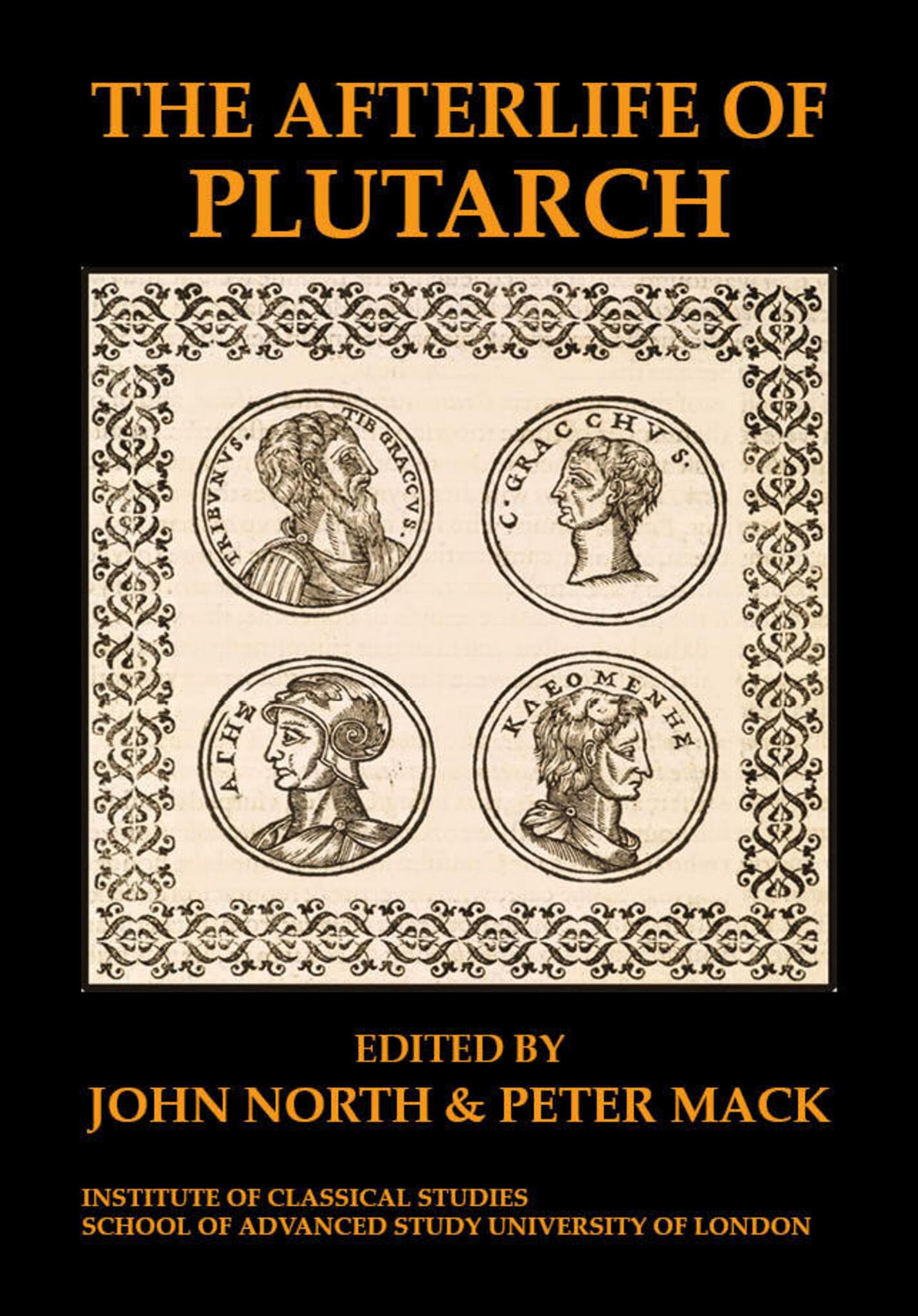We're sorry. An error has occurred
Please cancel or retry.
The Afterlife of Plutarch

Some error occured while loading the Quick View. Please close the Quick View and try reloading the page.
Couldn't load pickup availability
- Format:
-
31 December 2018

Plutarch’s writings have had a varied reception history from when he was writing in the second century BCE down to today. This volume starts from what may be a translation into the Syriac dialect of a lost Plutarch essay; continues with a tribute from a leading scholar of the later Byzantine period; and follows the centuries of sustained enthusiasm from the Renaissance to the eighteenth century. This period started once a translation into Latin had become available, and ended when scholars in the nineteenth century lowered Plutarch’s reputation as historian, biographer, philosopher, and stylist. By the end of the century, he came to symbolize in the eyes of Tolstoy precisely what history should not be. Both the causes of the decline and the later recovery of interest raise important new questions about how Plutarch should be assessed in the twenty-first century. This is one of the early volumes in the series of ‘Afterlives’ of the Classics, being produced jointly by the Institute of Classical Studies and the Warburg.

LITERARY CRITICISM / Ancient & Classical, Ancient history, LITERARY CRITICISM / European / General, Literary studies: general

Notes on Contributors
John North and Peter Mack Introduction
Alberto Rigolio The Syriac De exercitatione: A lost edifying piece attributed to Plutarch
Sophia Xenophontos The Byzantine Plutarch: Self-identity and model in Theodore Metochites’ Essay 71 of the Semeioseis gnomikaiFrances Muecke From Francesco Barbaro to Angelo Poliziano: Plutarch’s Roman Questions in the fifteenth century
Marianne PadeThe Life of Paulus Aemilius in John Whethamstede’s Granarium. The fortune of Italian humanism in fifteenth-century England
Judith Mossman Additional Lives: Hannibal, Scipio, and Epaminondas
Fred Schurink ‘Scholemaister and Counsailour vnto Traianus’: Plutarch, the Institutio Traiani, and humanist political advice in Renaissance England
Roberto Guerrini and Maddalena Sanfilippo Plutarch, Poussin, Carracci, and Baroque Art
Ewen Bowie Plutarch in Scottish culture: From the Renaissance to the twenty-first century
Edith Hall and Rosie Wyles The censoring of Plutarch’s Gracchi on the Revolutionary French and Reformist English stages, 1792–1823
Frances Titchener Plutarch and Frankenstein: Reception in nineteenth-century British literature
Alexei V. Zadorojnyi Plutarch à la Russe: Ancient heroism and Russian ideology in Tolstoy’s War and PeaceConstanze Güthenke After exemplarity: A map of Plutarchan scholarship Index



